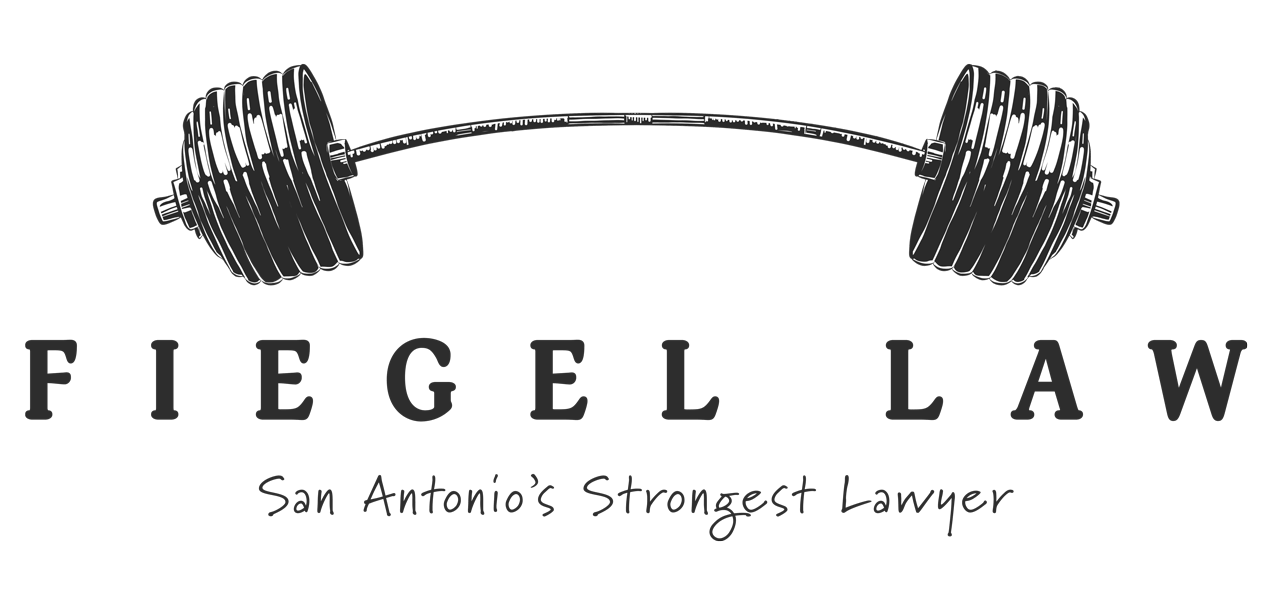Helotes Probate Lawyer
Probate of Will
If someone dies with a will then said will must be ‘probated’ in court in order to obtain ‘letters testamentary’ for the appointed executor of the will to distribute the assets. This can be simple if all the beneficiaries agree. Oftentimes they don’t agree and there are questions of the will’s validity, questions of fraud or coercion and significant litigation can ensue. It is also critical when addressing wills to understand what is and what is not part of the decedent’s (the person who passed away) estate. Some bank accounts, retirement accounts and/or insurance benefits are passed directly and are not part of the probate matter. Additionally, a competent understanding of family law is required especially when dealing with property that may or may not be community property with a surviving spouse.
“I couldn’t have gone through this without Beau’s guidance. Thank you Beau for helping us with Nana’s will/belongings.”
Probate of will Frequently Asked Questions
Is my will valid?
Can a will be contested?
How long does it take to probate a will?
What are letters testamentary?
Schedule a
Consultation


